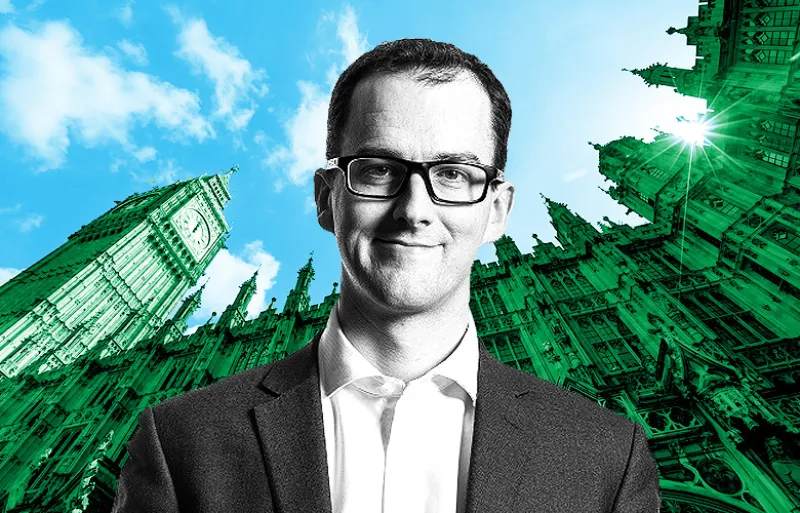The U.K.’s largest annual gathering of pension scheme trustees kicks off Wednesday in Manchester, with more than 1,500 industry figures confirmed.
The Pensions and Lifetime Savings Association’s annual three-day conference is a combination of lectures, debates and late-night parties where fund firms and consultants debate issues with trustees by day and conduct top-notch schmoozing by night.
Top of the agenda: government review
In December 2016, the U.K. government announced a review into its nationwide auto-enrolment workplace pension policy. According to government figures, more than 10 million people will be saving for their retirement by 2018 as a result of the rules, which went into force in 2012. U.K. Pensions Minister Guy Opperman is scheduled for a keynote speech at the event, and delegates will be looking for any hints as to government policy on pension contribution levels beyond 2019.
Currently, U.K. employees contribute a minimum 1 percent of their salaries to a pension scheme, which their employer has. From April 2018, staff members will have to pay in 3 percent and the employers 2 percent, rising to 5 percent and 3 percent, respectively, by April 2019.Asset managers, anti-poverty campaigners, and pension trustees will be watching closely for any signal from Opperman that plans are afoot to lift the threshold beyond the combined 8 percent figure after 2019.
Conference delegates will also be looking to Opperman for more details of plans to extend the scheme to the self-employed. Former pensions minister Steve Webb — now director of policy at Royal London — told Institutional Investor that the government could use the current tax declaration process for workers to nominate a pension fund, into which HM Revenue and Customs would effectively contribute. “Ministers have been saying they are going to do something for the self-employed,” Webb explained. “We are suggesting that you get as close as you can to the current auto-enrolment process for the self-employed. When the self-employed fill in a tax return, they could be required to specify a pension scheme.”
Death watch
Away from policymaking, defined benefit trustees will be keen to discuss current longevity trends after figures released in March by the Institute and Faculty of Actuaries’ Continuous Mortality Investigation suggested that the average person may die sooner than previously thought.
At the time, some consultants said that this could reduce DB pension deficits in coming years, but closer inspection of the data sets has led some to caution against any automatic adjustments. Calum Cooper, partner and head of trustee consulting at Hymans Robertson, told II that while the person may die sooner, some socio-economic groups are living longer. “We have seen a slowdown in the rate of improvement in longevity and a lot more volatility in year on year life expectancy. But, when you dig below the surface, the ‘higher affluence’ groups are still experiencing the same rate of life improvement as they did in the previous five years.”Cooper explains that lower socio-economic groups have lagged in life expectancy growth, adversely affecting the average. “DB scheme members are typically higher affluence. If you extrapolate data, you can end up underestimating your liabilities. You need to look at what type of members you have in your scheme because improvements in life expectancy depend on how affluent you are.”
Everything else
- With the U.K.’s Financial Conduct Authority deciding to refer the investment consulting market to the Competition and Markets Authority for scrutiny of the quality of advice offered, consultants can expect some heat from trustees at the PLSA conference.
- Around 1,000 of the U.K.’s 6,000 defined benefit pension funds are starting down the prospect of not being able to pay their member benefits in full, Hymans Robertson estimated. Delegates will want to discuss the recent PLSA consolidation study and its implications for costs and innovation.
- And finally, it wouldn’t be the PLSA conference without asset managers’ annual chorus on “chronic levels of under-saving.” Expect the usual overtures on “engagement” and “education.” This year, though, they may add in some sizzling tidbits about the quality of defined contribution default funds.







